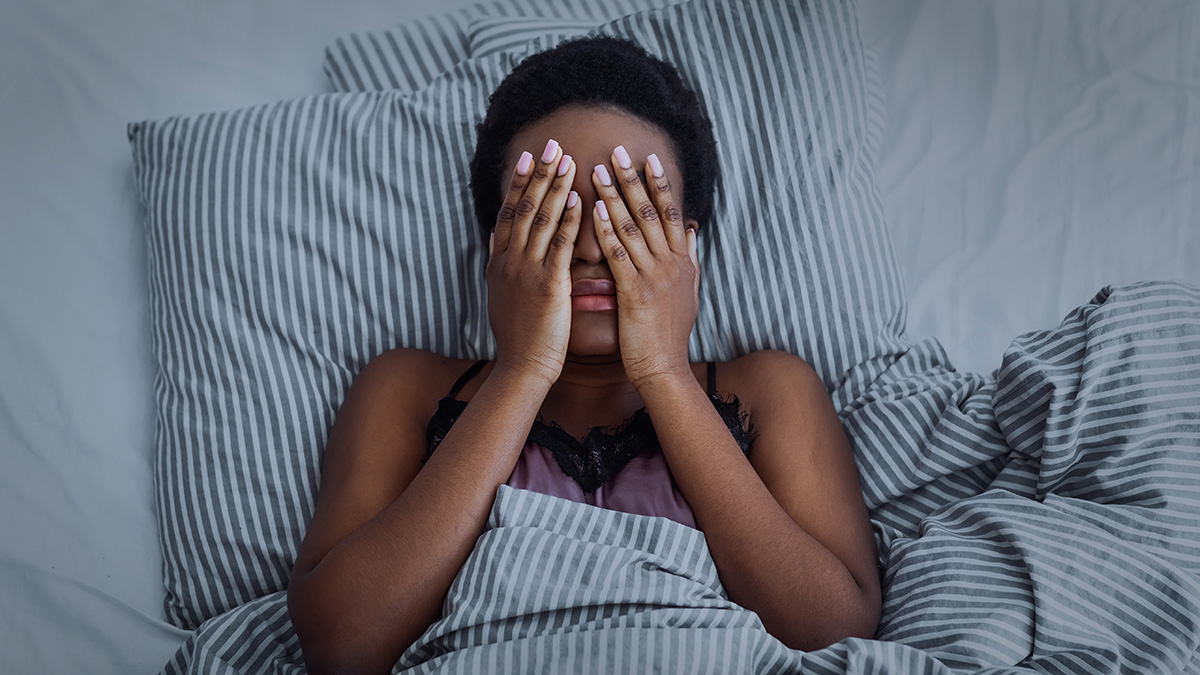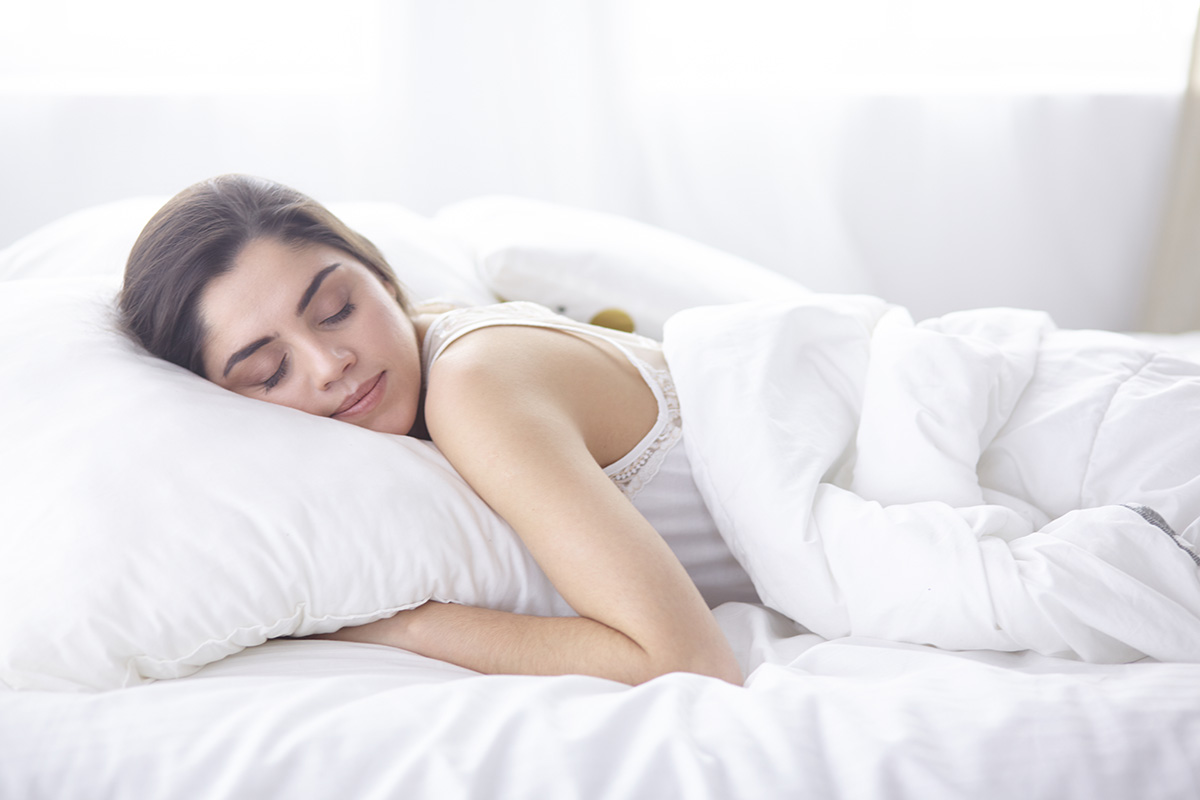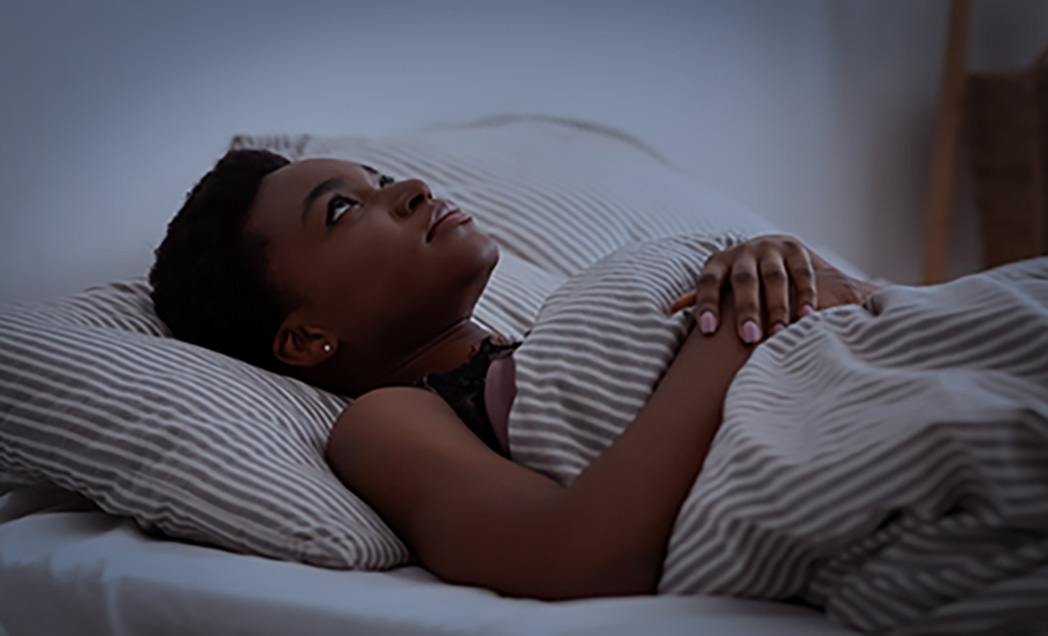Sleep Health and Your Immune System
We’ve all heard the sayings, “I’ll sleep when I’m dead” or “sleep is for the weak.” But what if your lack of quality, healthy sleep was actually going to have you pushing up daisies before your time?! A new study has found that a lack of sleep can weaken your immune system, making you more susceptible to colds, infections, and serious diseases.
So, how exactly does sleep (or lack thereof) affect our immunity? And what can we do to make sure we’re getting enough shut-eye to keep ourselves healthy?
Luckily help is at hand. If you’re looking for ways to get a better night’s sleep and boost your immunity, read on. And, if you want to guarantee that your slumber is supported by an award-winning foundation, check out Yinahla’s mattresses. With a simple 100-night trial period and fast, free delivery across Australia, we’ll have you sleeping like a baby in no time.
The Immune System: Definition, Role & How It Works
Before we can understand how sleep affects our immunity, it’s important to have a basic understanding of the immune system itself.
In short, the immune system is responsible for protecting our bodies from infection and disease. It does this by identifying and attacking foreign invaders like bacteria and viruses.
The immune system is made up of a network of cells, tissues, and organs that work together to protect the body. These include:
White blood cells: These are the main soldiers of the immune system. There are different types of white blood cells, such as T cells and B cells, each with a specific role to play in fighting off infection.
The lymphatic system includes the lymph nodes, thymus, and spleen. The lymphatic system produces and stores white blood cells. It also helps to remove toxins and waste from the body.
The skin: This is our first line of defence against infection. The skin creates a barrier that prevents harmful bacteria and viruses from entering the body.
The mucous membranes: These are the moist surfaces lining our nose, mouth, lungs, and gut. Mucous membranes produce antibodies that help to destroy foreign invaders.
Now that we know a little about how the immune system works let’s look at how sleep affects it!
The Connection Between Sleep and The Immune System

It turns out that there is a very strong connection between sleep and immunity. When we sleep, our bodies produce important immune cells called cytokines (pronounced sigh-toe-kines). Cytokines are responsible for fighting infection and inflammation and play a vital role in keeping us healthy.
However, when we don’t get enough good quality sleep, our bodies produce fewer cytokines. This means that we’re less able to fight off infection and illness. In fact, one study found that people who slept for less than seven hours per night were three times more likely to develop a cold than those who slept for just eight hours or more.
But it’s not just the quantity of sleep that matters – the quality is also important. Studies have shown that people who experience disrupted sleep (due to shift work or jet lag, for example) are also more susceptible to illness.
Circadian Rhythms & How They Affect Sleep
Circadian rhythms are the daily changes in our bodies in response to light and darkness. These changes affect many of our bodily functions, including sleep.
Our bodies have an internal “clock” that tells us when it’s time to sleep and when it’s time to wake up. This clock is known as the circadian rhythm.
Circadian rhythms play a very important role in our sleep patterns. They help to regulate our bodies so that we feel sleepy when it’s dark and awake when it’s light.
Circadian rhythms also affect our immune response. Immune cells have circadian rhythms, which can influence how well our immune systems work.
For example, studies have shown that our bodies produce more cytokines at night than during the day. This is because our immune cells are more active at night. As we sleep, our bodies produce more of these important immune cells.
So there are two main ways that circadian rhythms affect sleep and our immunity:
1. Circadian rhythms help to regulate our sleep patterns. When we don’t get enough quality sleep, our bodies produce fewer cytokines. This means that we’re less able to fight off infection and illness.
2. Circadian rhythms also affect our immune systems directly. Immune cells have circadian rhythms, which can influence how well our immune systems work.
Is REM Sleep Important for Immune Function?

REM sleep is a deep sleep stage characterised by rapid eye movements (REM). During REM sleep, our brains are very active, and we often dream.
REM sleep is important for many different things, including memory and learning. But studies have also shown that people who experience disruptions to their REM sleep (or who have sleep disorders reducing the amount of REM sleep) are more likely to get sick. This is because REM sleep is important for producing cytokines that play a key defensive role in keeping our bodies healthy.
So, if you want to keep your immune function strong, it’s important to get adequate deep sleep. This will help ensure that your body produces enough cytokines to fight infection and illness.
Sleep Deprivation, Diseases and Sleep Disorders
It’s no secret that sleep is important for our health. But did you know that sleep deprivation can lead to some serious health problems?
Sleep deprivation has been linked to several chronic diseases, including:
- Heart disease
- Stroke
- Diabetes
- Chronic fatigue
- Cardiovascular disease
- High blood pressure
- Obesity.
These diseases are all major causes of death in Australia.
Sleep deprivation has also been linked to a number of mental health disorders, including depression and anxiety. And if that wasn’t enough, sleep deprivation can also cause accidents and injuries! Drowsy driving is a major problem on our roads, and it’s responsible for thousands of car accidents each year.
So what can you do to make sure you’re getting enough sleep?
1. Establish a regular sleep schedule
One of the best things you can do for your sleep is to establish a consistent sleep schedule. Go to bed and wake up at the same time every day, even on weekends. This will help to regulate your body’s natural sleep rhythm and make it easier to fall asleep and stay asleep.
2. Create a restful environment
Your bedroom should be a haven of relaxation. Make sure it’s dark, quiet, and cool – around 18-22 degrees Celsius is ideal for helping improve your sleep quality. If you have trouble sleeping, try using an eye mask or earplugs to block out light and noise.
3. Avoid caffeine and alcohol before bed
Caffeine and alcohol are both stimulants that can interfere with good quality, healthy sleep. So if you’re having trouble sleeping, avoid coffee, tea, and energy drinks after 2 pm. And while a glass of wine may help you to relax in the evening, don’t overdo it – too much alcohol can actually disrupt your sleep.
4. Exercise during the day
Exercise is a great way to reduce stress and promote better sleep. But avoid exercising too close to bedtime, as the adrenaline from physical activity can make it harder to fall asleep.
5. Wind down before bedtime
In the hour before bedtime, avoid working or using electronic devices. Instead, take some time to relax and wind down. Try reading a book, taking a bath, or doing some gentle stretching.
By following these tips, you can help to ensure that you’re getting the quality sleep your body needs to stay healthy. So next time you feel run down, make sure you get some rest – your immune system will thank you for it!
Frequently Asked Questions

Can lack of sleep trigger an immune response?
Yes, lack of sleep can affect your immune system. When you don’t get enough sleep, your body produces fewer cytokines. Cytokines are responsible for fighting infection and inflammation and play a vital role in keeping us healthy.
Does lack of sleep weaken the immune system?
Yes, lack of sleep can weaken the immune system. When you don’t get enough sleep, your body produces fewer cytokines.
How much sleep do you need for a strong immune system?
Most people need around eight hours of good sleep per night. However, some people may need more or less depending on their health and lifestyle.
Is sleep good for the immune system?
Yes, sleep is good for the immune system. When we sleep, our bodies produce important immune cells called cytokines. Cytokines are responsible for fighting infection and inflammation, and they play a vital role in keeping us healthy.
Can stress weaken your immune system?
Yes, stress can weaken your immune system. When we’re stressed, our bodies produce stress hormones called cortisol. Cortisol is a hormone that helps us to cope with stress, but it can also suppress the immune system. This means we’re more susceptible to infections and illnesses.
Can you explain how sleep strengthens your immune system?
Here at Yinahla, we’ve been in the sleep business for over 30 years and like to consider ourselves a bit of a sleep expert – so we can definitely help you with this question!
Sleep can help to strengthen your immune system in several ways:
1. When we sleep, our bodies produce important immune cells called cytokines which fight infection and inflammation.
2. Sleep helps to reduce stress levels and lower cortisol which suppresses the immune system.
3. Getting enough good sleep is important for maintaining a healthy lifestyle.
What happens to your immune system when you sleep?

The body craves sleep after a long day but what’s actually happening in our brains and bodies while we drift off to the land of nod is nothing short of amazing!
During sleep, our brains are working hard to consolidate our memories, process and remove toxins, and, as it turns out, give our immune systems a much-needed boost.
Several studies have shown that sleep deprivation can negatively impact our immune system’s ability to fight off infection. One study found that people who slept less than 7 hours per night were almost three times more likely to develop a cold than those who slept 8 hours or more.
While sleeping and dreaming, we’re blissfully unaware of the incredible work our bodies are doing on our behalf to keep us in tip-top condition! The body releases cytokines, proteins that help fight infection and inflammation while we sleep. It’s all pretty amazing, really.
Getting the Best Night’s Sleep With Yinahla
So, as you can see, sleep is crucial for maintaining a strong and healthy immune system. If you’re looking to improve your sleep, be sure to take note of our tips and be sure to check out our range of award-winning mattresses. We’ve got something for everyone, and we’re sure you’ll find the perfect mattress to help you get a good night’s sleep.
Still have more questions about getting a good night’s sleep? Send your enquiry to hello@yinahla.com.au, and we’ll be happy to help!












